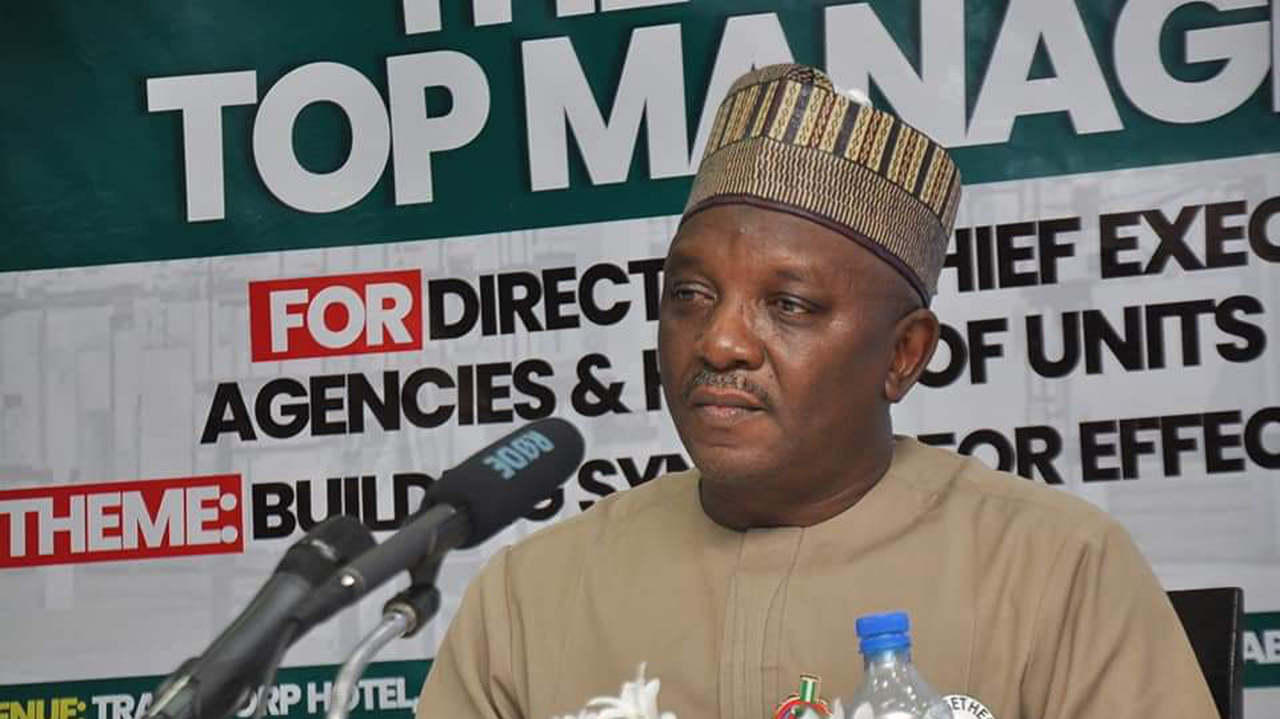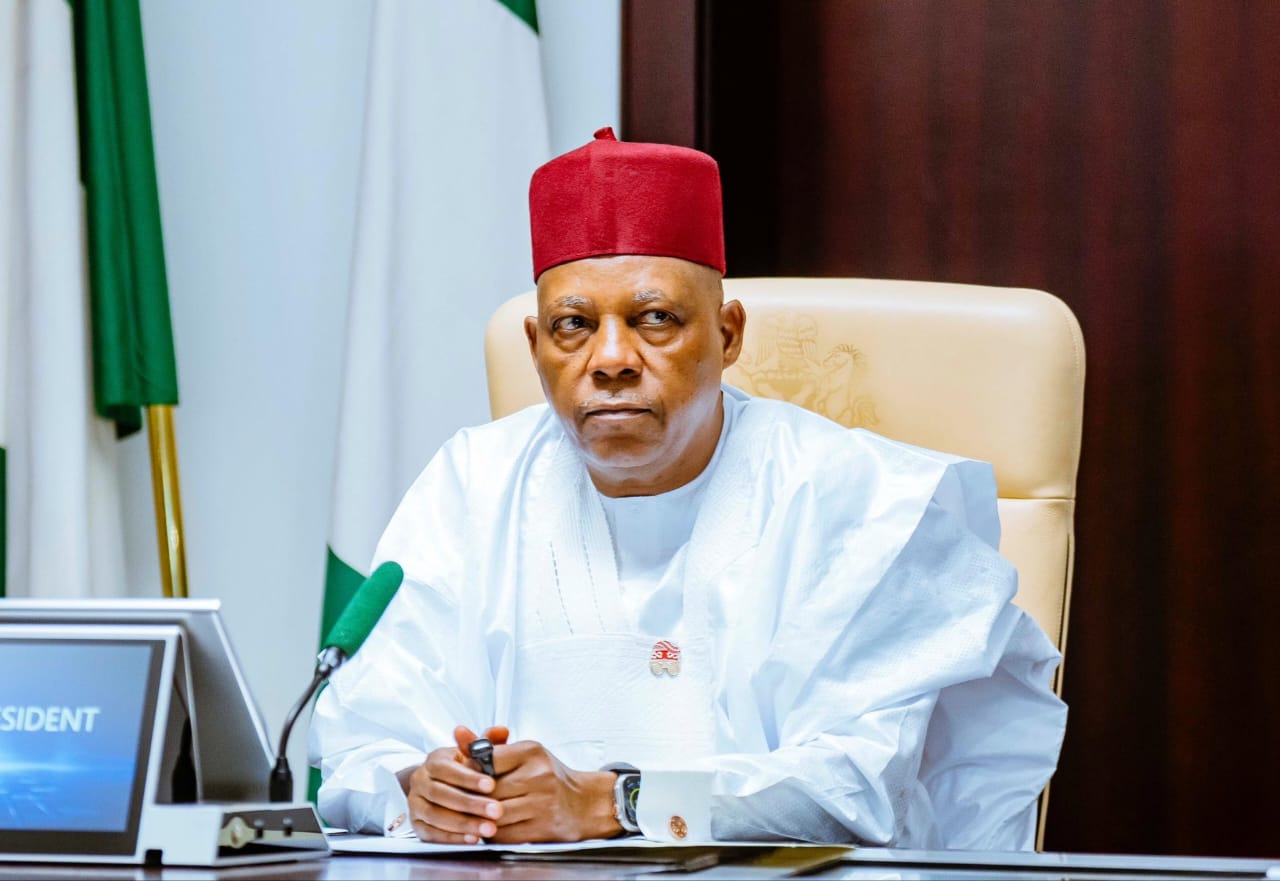
United Nations Deputy Secretary-General, Amina Mohammed, has said Africa remains the best investment destination, profiling its natural resources, arable land and huge population.
Speaking at the second Africa Social Impact Summit, co-convened by Sterling One Foundation and United Nations in Lagos, the Nigerian advised that investment in the continent must go beyond extracting raw materials and include building on modern economy, hard and soft infrastructure to strengthen the people at all levels.
She, therefore, canvassed massive investment in youth development, local employment and employability, climate smart solutions, education, health, renewable energy, as well as water and sanitation.
According to Mohammed, it would require a strong partnership between the private and public sectors to scale the necessary financing instruments, guarantee de-risking mechanisms and strengthen continental development finance networks and institutions.
Earlier, UN Resident and Humanitarian Coordinator in Nigeria, Matthias Schmale, stressed: “We can’t do business on a dead planet. Africa’s private sector can be a catalyst for change, supercharging our trajectory towards the 2030 agenda.”
To achieve the pace and scale of transformative change the world needs, Schmale noted that private sector investments must not just be motivated by profit, but also by considerations of what would have the greatest social impact.
Also, Lagos State Governor, Babajide Olusola Sanwo-Olu, harped on renewed spirit of collaboration, innovation and determination to build a prosperous and sustainable Africa for all.
Represented by his deputy, Dr. Obafemi Hamzat, the governor explained that the projections that Africa would be home to half of the world’s poorest people by 2030 called for urgent collaboration.
“We call upon the private sector, with its scale and sustainability, to take the lead in driving change to harness the strength of multi-stakeholder partnerships and leverage enterprise-driven innovations to create impactful ecosystems,” he said.
Chief Executive Officer (CEO) of Sterling One Foundation, Olajeju Ibekwe, noted that the summit was a marked improvement when compared to the 2022 edition, adding that new partnerships would fortify existing social impact initiatives in communities.





